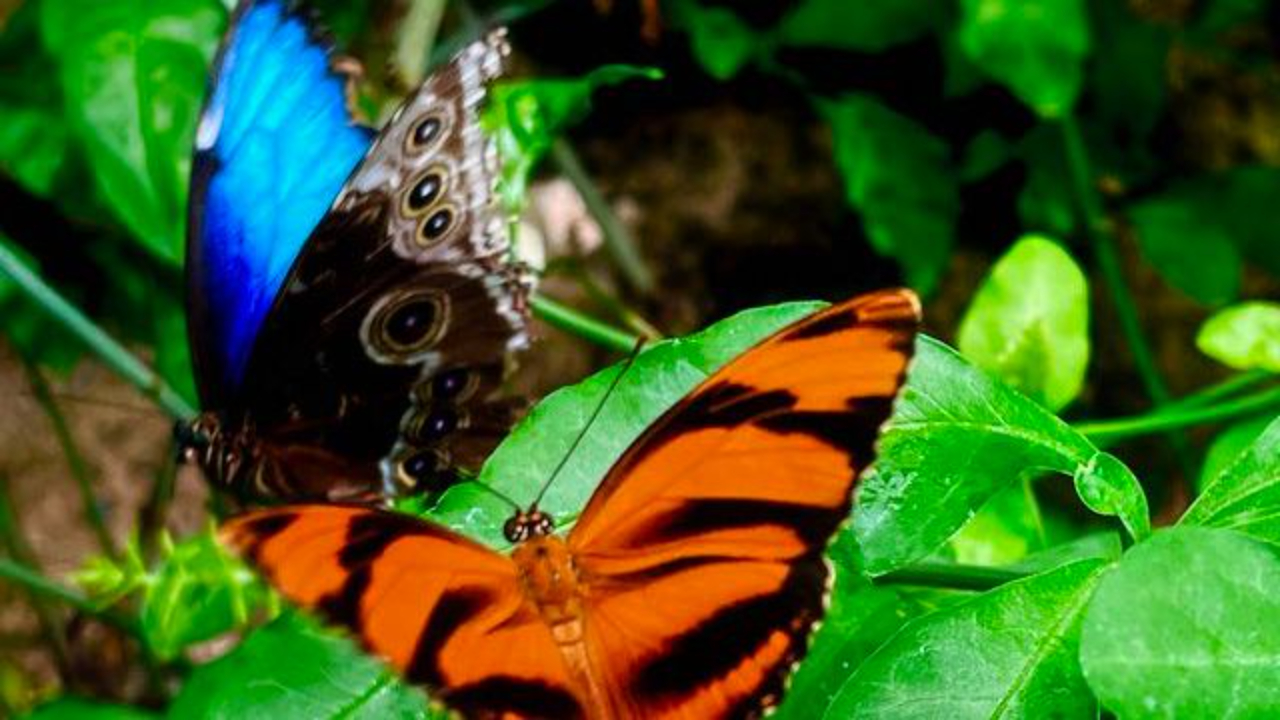
Some things frighten us deeply to our core. The fright comes from the potential of loss pain; Loss of a loved one, loss of carefully curated wealth, loss of status and stature, loss of identity.
There are other sources of fright that are a bit more complicated. They involve process pain, the fear that we are not up to the task, and outcome pain, the fear that all our work will be for naught.
These sources of fright are all-powerful impediments to personal change. They box us into fixed mindsets that stultify our lives over time.
We all have varying degrees of fixed and growth mindset perspectives, as pointed out in Carol Dweck's seminal work "Mindset: The New Psychology of Success." As we stumble through life and our iterative failure, response, success loops, our mindsets constantly evolve. Getting in touch with our early years can help us understand and eventually promulgate real change.
My story is my own; parts of it you might align with yours. As an only child who had lost two sisters at birth, I was considered a miracle to my sensitive, caring mother and father. I was praised often. I was quick to learn new things. I remember distinctly in my early years, my mother saying things like, "You learned so quickly! You're so smart!"; and "You got an A without even studying. Here is your reward." Well, that's the right thing to say, isn't it? But children are no fools. The underlying messages are: If I don't learn quickly, I'm not smart. I'd better quit studying or I will no longer be considered brilliant.
Do you see the fixed mindset that emerges? Praise, strong or faint, provides a boost at the moment, but it doesn't last, and it needs to be fed. The fixed mindset ends up manifesting itself as: Success means I'm smart, failure means I'm dumb. These early experiences create our self-limiting belief systems.
So too for children who do not have natural gifts. However, the sound and caring parent will more likely encourage children who do not make the grade to develop a growth mindset. They will focus on the process and leveraging the failure to motivate. I haven't found a study to support this yet, still, I hypothesize that average children are more likely to have growth mindsets than gifted, assuming a consistent baseline of parental, teacher, and coach interaction.
So what of change, now that we've taken the time to reflect on our individual life's path? Our fixed mindsets are our protection. They keep us safe. They are deeply tied to who we are. They are a big part of our identities.
Here is an example from Dweck to illustrate the difference.
The Dilemma: You've applied to graduate school. The only place you want to go. You were sure you would get accepted. You didn't.
The Fixed Mindset. You tell yourself it was highly competitive, so it doesn't reflect on you. The voice in your head tells you that your work was, in reality, mediocre. It said to you that you are not worthy.
The Growth Mindset. You think about your goal and what you could do differently. You also look to gather more information. As Chris Voss says, a 'no' is simply an opportunity to collect information. Please do not shy away from it.
In Dweck's example, the rejected student called the admissions office and asked for ways to improve her application. In fact, it was a close call, and the outreach by the prospect motivated admissions to reconsider. Two days later, she was admitted.
It's tough to ball up all my thoughts on growth, change, and success into one blog post. If you'd like to know how I can help you achieve more, send me a note. We will schedule a free one-hour discovery session. You will be amazed at the revelations that come from this simple one-hour activity.
Be well, dear Reader.




